Amader Ma
Supriya Chakrabarti, 1974 Electronics & Tele Communication Engineering
Recently, I came back from a hastily arranged trip to Ramrajatola. Ma had fallen very sick – I received about half a dozen WhatsApp messages and phone calls in the middle of the night from my brother, an accomplished physician and a renowned researcher in Canada. Even he could not wake up this Kumbhakarna’s from his sleep. Next morning, I got my tickets for Kolkata.
Our Ma is the youngest of their six siblings – and was known as Tuni (probably named after the Tuntuni birds of her native Kishoreganj). I was a ‘trouble-child’ – even before I was born, she had difficulty carrying me, an 8+ pound baby. No functions or ceremonies of our extended family happened without her doing 80% of necessary works – cleaning, cooking, serving, cleaning again – while spectating, tea drinking relatives admired her energy. Tuni is now moving slowly, having difficulty speaking – the resultant and byproduct of her three previous strokes.
I was welcomed to the world at the Howrah General Hospital. I never heard anything bad about the neighborhood hospital from Ma. My youngest brother, another brilliant pathologist, refused to show me my birthplace on the ground that his Hippocratic Oath did not permit him to subject me to such cruelty. I still have not seen it but suspect that things haven’t improved in 70 years.
My earliest memory of home was a fourth-floor walkup flat in Building 9A of the CIT Buildings in Beleghata. It was a rectangular yellow building with brick red trim, with the stairwell in the middle and seven one-bedroom flats in each floor. Several such buildings were arranged to maximize space usage with the CIT Building Campus Road running alongside them. The other side of the road had a series of similar buildings arranged one after the other like train carriages. The campus was bordered by the Chaulpatty Road on one side and Beleghata Main Road on the other – both now disgorge their traffic on the EM Bypass. The buildings look modern, painted in a light blue hue with a navy-blue trim that are visible from the EM Bypass.
Our flat had a room with a green trim window along the communal hallway and a verandah on the other side. The bathroom and the kitchen had lower ceilings to provide space for storage. That one room was everything for us – a place to play, fight, eat, sleep and study. We did our best to tire Ma during our waking hours from 6 AM to 9 PM. For Ma, this place was palatial – their first home was the space under someone’s stairs, with access to a public toilet, an outdoor tap for water and used a portable ‘unun’ (stove) made of a modified aluminum bucket.
I attended three years of school at the Buniadi Bidyapith, located at the entrance of the campus, where the 35A buses would heave a deep sigh and stop to drop off the last few passengers. This is where I earned my first academic evaluation in bright red letters – Adhhoppatan (per shabdkosh.com it is the state of being degenerate in mental or moral qualities). Tuni-didi then assumed a new job of educating me, she even did my required knitting assignment. She had it easy – from there, the only way was up. She still has some work left to make me presentable.
In the beginning of the 4th grade, we moved to Ramrajatola – the terminus of Private bus route 52. The bus stand was the place where we would pick up used tickets for some games. Later I would learn, they were printed on used computer cards.
Our plot was purchased from someone whose descendants are still our neighbors. I remember seeing the plot plan – a velum paper with thick red lines showing our boundary and faint blue lines depicting the rooms. There were ponds on three sides of our house – providing adequate breeding grounds for mosquitoes and snakes. I remember that one morning I stepped on a sleeping one probably with a frog or two in its stomach and too full to be bothered by a scared teenager.
When we moved in, shadows cast by hurricane lamps on the brick walls looked scary while the chorus of howling jackals provided ominous background music. It would take more than a year to convert the dirt floors into red concrete ones and wooden doors and window shutters painted green. Every few years Babu would paint them with a rag that would leave more paint on his hands and walls than their intended places.
Ma got a permanent ‘unun’ and could cook inside. Instead of an outside tap, she had a well and a bucket with a rope tied to its handle. She also got a bathroom with its own septic tank. It took a very long time for electricity to enter our house through an underground pipe after the all-powerful men in the permitting office got tired of seeing Chakraborty Babu’s face. For many years, I smelled fumes from kerosene lamp at night and went to bed early so the ‘mosharis’ (mosquito net) could protect us from the mosquitos and our hands would get a rest from slapping ourselves.
There weren’t too many houses surrounding us. We could hear cacophony of office-goers in the morning from the Kona Road, musical calls of the hawkers at all hours that could have been used for teaching Doppler Effect. At night after Akashbani radio signed off and the inside voices of kids died, we could hear movie songs and some muffled dialogs from Shyamali cinema.
Life was simple – wake up, get out of bed – no, no that would be plagiarism. Besides, I never groomed my hair until after the shower. That task was left for Ma, who would occasionally use the comb on my head to remind me that I am supposed to keep it steady. Breakfast and lunch would be done by 10 AM and I would run to school – sometimes begging Sardarji, our favorite conductor or a ride on the bus. There are stories about various corporal punishments on me from being kneel down using chappals under knees for comfort, teachers fingers doing calisthenics on earlobes and getting my face rearranged for not doing a good job skipping classes. All my classmates still remember what I was told when I uttered “Sir it hurts”, “that is the purpose of beating Chakkotti”.
All the excitement came to an end in the 11th grade, when we got three extra months to prepare for the Higher Secondary exam. One teacher told me how my name should be spelled – as a result my father and I spell our last names differently. Ma would spend countless nights under the ‘moshari’ with the hurricane lamp inside to make sure I don’t fall asleep while pretending to study. No lunch came to the exam center, beating came quietly. I knew Ma prayed to her Gods hoping for miracles and told others that she was proud of us. Tough love, indeed.
Ma is now frail – confined to her bed with tubes attached to her mouth, nose and arms – some monitoring her vital signs others providing air, food and medicines and some collecting bodily fluids. For ten days she was at the fourth floor of a hospital in Kolkata sparkling with bright, glass enclosed offices, a huge parking lot and statues Gods representing different religions in many corners. Seeing her there was more difficult than getting a ticket to the world cup soccer final.
Now Ma is in a more comfortable place where caring nurses at the local Nursing Home treat her like a member of their family. Doctors, physical therapists and other medical professionals – friends of our youngest brother – come at all hours. Surprisingly, the Buri is fighting her fourth stroke valiantly.
Within a week at the Nursing Home, she started responding to some stimuli – she opens her eyes and occasionally moves her hands and legs, using only 25% of functioning brain tissues. All we need to visit her at this place is our face. While my doctor brother paced outside and thought about the next treatment regimen, I shared my secrets with Ma. We are proud of Ma and hope that she continues to improve and gain strength, but too much.
I don’t want the same beating I got when I came home from school one day wearing fashionable shorts while liquid poo ran down my uncovered leg.
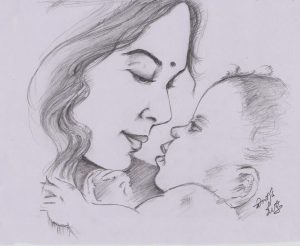
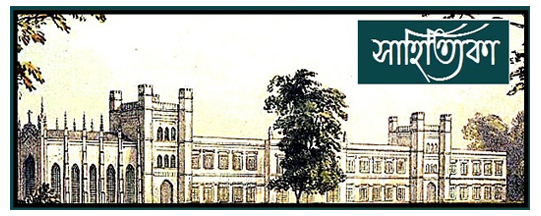

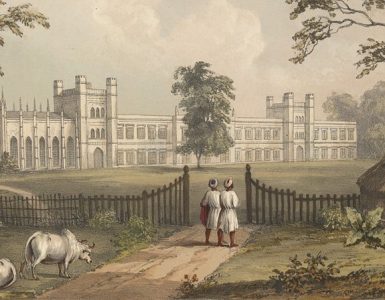
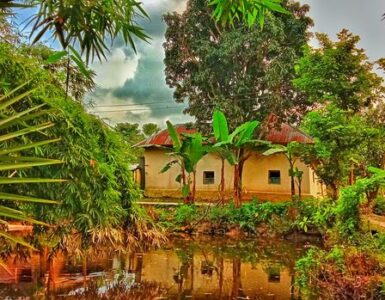
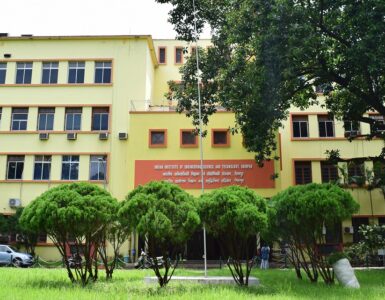










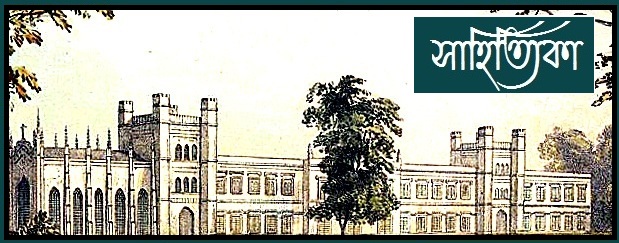
Add comment